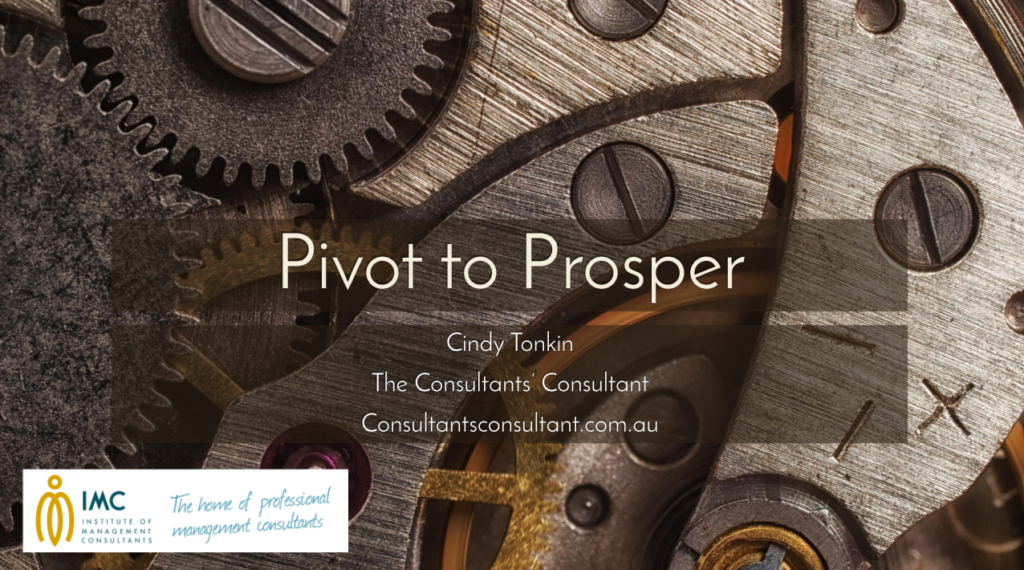No one is as smart as you. But smarter doesn’t move you up the ladder. This is a primer on office politics for geeks and technical people.
You will have to deal with many not-smart people in your career. Learn now the simpler ways of dealing with them so you can lead the quiet life doing what you want.
Here are the 6 keys.
1. Small talk has a point
Small talk is not useless. It has a point.
Learn how to do it properly.
The function of small talk is to lull people into a sense of comfort. So they feel that they can trust you. The more small talk you do the more likely people are to follow your recommendations and let you do what you are good at.
Rejecting small talk just increases how long it takes them to pay attention to what you say.
Do it smart by learning efficient small talk.
2. Whether they ask the right questions or not isn’t the point
Information is not power.
They’ll find someone more agreeable to do it if you don’t share now. Stop waiting for them to unlock the holy grail of your advice by asking the correct question.
Of course you would prefer to talk with people who understand how smart you are and what value you add to the business.
Unfortunately those people are scarce as hens’ teeth. Waiting for the client to ask the right question is the metaphorical equivalent of panning for gold. It could pay off. But mostly it’s boring.
So you need to point out where the gold is. Suggest what they might want to know. They will trust you more and pay more attention to what you say when you volunteer relevant information earlier.
3. People are predictable
People are predictable and you can find and leverage their algorithms if you pay attention.
In restaurants, waiters get bigger tips and sell more expensive desserts when they give diners tips on saving money on entrees and side-dishes.
If you want your clients to give you what you want, then give them tips up front by volunteering what you know.
Yes people are predictable. You know the narcissist will make everything about them. The optimist will find the silver lining. The loudmouth will always have an opinion. There is much more science to it. Become familiar with some of the personality and values styles and use them to get what you want. They are algorithms you can apply to minimize error when dealing with predictable humans. Some algorithms you may want to investigate include DiSC, Myers Briggs Typology indicator, Enneagram and metaprograms.
4. Your boss makes your life easier (or not)
Your boss makes your life easier. Or not. Struggling to help them will give your more brownie points than striving to thwart them. More brownie points mean more latitude to do what you want when you want to.
You may have an issue with authority. This may be pathological or just who you are.
But you are also extremely smart, so find out how to give your boss what they need. If you don’t know what they need then ask them. And remember that language is imprecise, and people change their minds. So ask regularly, and probe a little each time.
5. How you ask a question determines how it is answered
Ask me a question while I’m engrossed in a video game and you’ll get a wildly different answer than if you ask towards the end of a dinner party. Context matters.
Ask me what you want in a gruff tone invites me to reply tersely, sparingly, and maybe unthinkingly. Tone matters.
Ask me “I’m curious what do you want?” in a friendly tone in a strategy meeting, and it is going to give more fruit, than if you ask “what do you want?” in a bored tone.
The frame around your words matter. A question is never just a question. How you ask it can determine how it is answered.
So pay attention to the context and to your tone when you ask a question.
6. You keep using that word, I do not think it means what you think it means
When I say strategy I may mean planning and Gantt charts. Or a talk-fest love-in. Or a chance to hang out with big-wigs.
When I say on-target, I could mean the project’s hitting its budget or that it’s on schedule. Or that it’s delivering the outcomes I specified. Or even all three.
So ask your client to explain. Probe. Paraphrase. The easiest most valuable question is this one: “When you say what do you mean?”
Never assume that a short brief is a good brief.
Assume every brief is error-prone and subject to unexpected review.
There is so much fascinating information to be mined when you pay attention to the client enough that you can stop paying too much attention to them.





